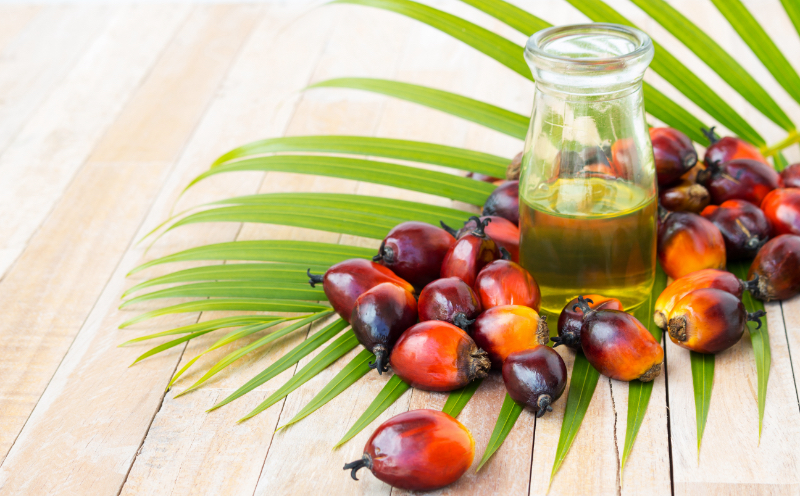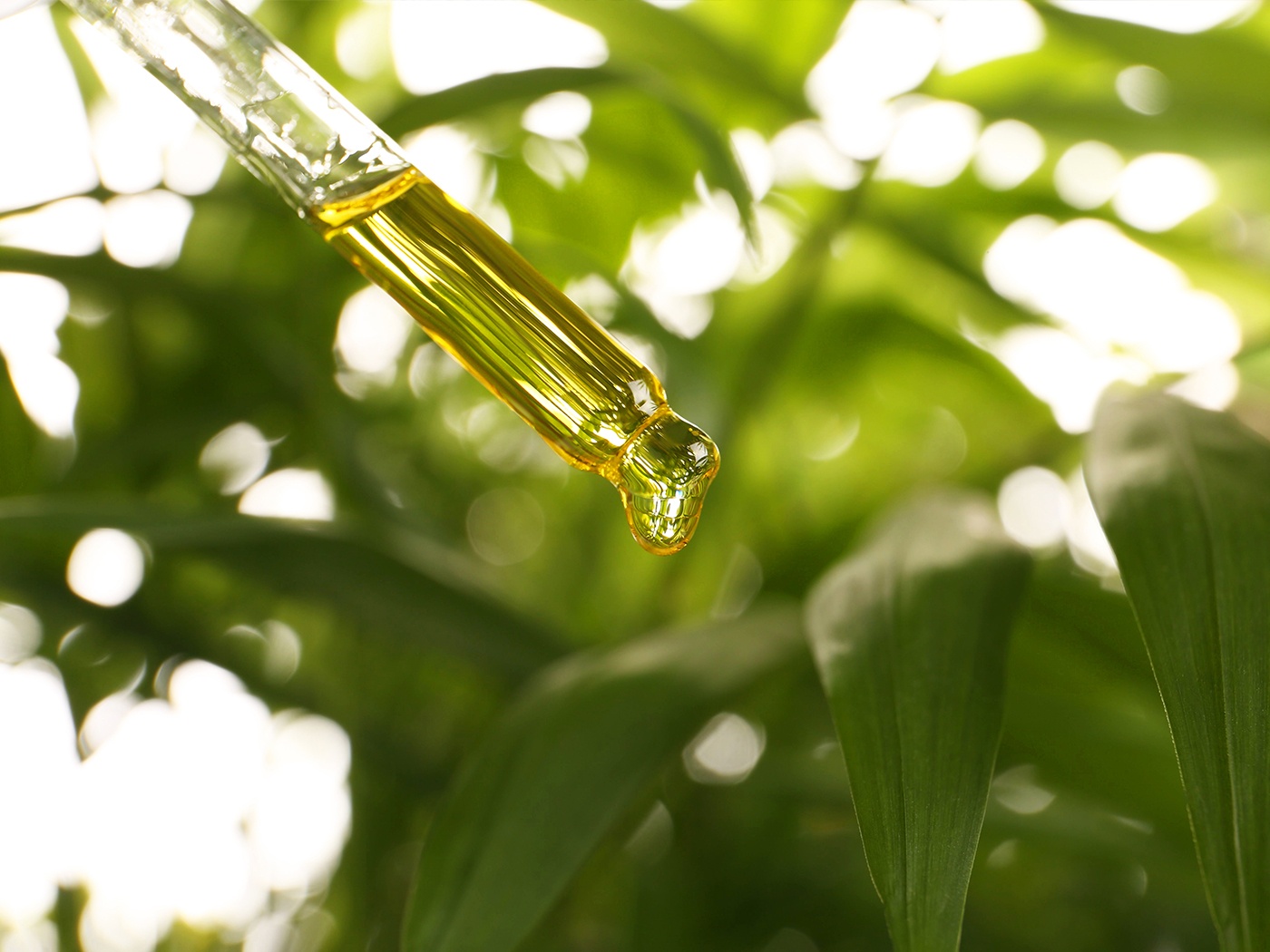
Sustainable Water
Challenges and Commitments
GGC recognizes that climate change, such as drought crises, along with industrial growth, has led to increased water demand. This poses a significant risk of water shortages, affecting both the quality and quantity required for production processes, potentially leading to business disruptions and impacting water availability for surrounding communities. Therefore, the company is committed to efficient and sustainable water management across its value chain.
Key Stakeholders
Employee
Community
Shareholder, Investor and Analyst
Government
Supplier and Business Partner
Customer
Management Approach
Sustainable Water Management Guidelines GRI 303-1 (2018)
The Company manages water resources based on the 3Rs principle: reducing water consumption (Reduce), reusing water (Reuse), and recycling treated wastewater (Recycle).
Water Management Program
GGC has developed an action plan to enhance water management efficiency in operations, focusing on optimizing water withdrawal, usage, and discharge. The Company aims to reduce water consumption and increase the reuse of clarified water, demineralized water, and boiler water. The action plan includes:
- Conducting annual water use assessments to identify opportunities for efficiency improvements.
- Reducing water consumption through operational adjustments, such as adopting water-efficient equipment, optimizing production ratios to minimize water use without affecting product quality or quantity, and upgrading equipment for better water efficiency.
- Setting water reduction targets.
- Implementing water recycling initiatives
- Providing training to raise employee awareness on efficient water management.
For more details on the Sustainable Water Management Program, please refer to the Company’s 2024 Integrated Sustainability Report at Integrated Sustainability Report 2024
- Chemical Oxygen Deman (COD) Treatment Efficiency Improvement Project: This project enhances COD removal in the aeration-based wastewater treatment system through improved water intake management and microbial retention trials. It has successfully maintained wastewater treatment efficiency at over 90%.
- Cooling Tower Filtration Efficiency Improvement Project (Increase Time for Backwash Side Stream Filter): The Side Stream Filter features a self-cleaning system (Backwash) that removes impurities from the cooling tower using clarified water. GGC has optimized the filter operation time to reduce backwashing frequency, effectively lowering clarified water consumption.
- Integrated Fixed Activated Sludge (IFAS) Wastewater Treatment Enhancement Project: This initiative expands the microbial surface area within the wastewater treatment system, improving COD removal and increasing treatment capacity. The project enhances wastewater treatment efficiency while reducing operational costs.
- Reuse of Cooling System Discharge for Urea Mixing in Wastewater Treatment Project: Discharged water from the cooling system is repurposed for urea mixing in wastewater treatment, reducing both clarified water consumption and total water usage.
For more details on water resource management performance, please visit Performance Data 2024
Water Risk Assessment GRI 303-1 (2018)
The Company assesses water-related risks at its operational sites to prepare for potential challenges. This assessment utilizes tools such as the WWF Water Risk Filter, Water Risk Atlas, and water risk data for Thailand compiled by the Royal Irrigation Department. The company also monitors response measures in case water usage reductions are necessary at its operations in Rayong and Chonburi provinces. The findings are reported to management to support strategic planning and decision-making.
| Raw Water Sampling and Monthly Quality Analysis Points | |
|---|---|
| Rayong Province |
|
| Chonburi Province |
|
Moreover, the Company collaborates with external organizations, including the PTT Group, the Eastern Region Water War Room Task Force, and the Federation of Thai Industries, to manage water resources during potential droughts. It closely monitors water conditions to ensure sufficient supply for operations while minimizing impacts on surrounding communities.
GGC conducts an annual water risk assessment covering both future water availability and quality across its value chain, using the WWF Water Risk Filter. This assessment considers risks related to water dependency and impacts. The latest evaluation confirms that GGC does not operate in water-scarce areas. In addition, GGC leverages the WWF Water Risk Filter to assess future regulatory changes in its operating locations. This helps refine water management strategies and improve decision-making capabilities. After analyzing three key risk categories—physical, regulatory, and reputational risks—no high-risk findings were identified across any production sites.
Furthermore, GGC regularly monitors local water levels, referencing data from the Royal Irrigation Department. This continuous monitoring is crucial for planning and mitigating potential impacts on business operations. By closely tracking water levels in various reservoirs, GGC ensures that its activities do not affect surrounding communities. This approach allows GGC to maintain a balance between operational needs and environmental sustainability, fostering positive relationships with local communities.
Effluent Management GRI 303-2 (2018)
The Company has established a QSHEB (Occupational Health, Safety, Environmental, and Quality) policy Gto guide the monitoring and surveillance of wastewater discharge throughout the production chain. Additionally, the Company has a wastewater disposal system that complies with legal requirements, such as the National Environmental Quality Promotion Act, BE 2535 and the wastewater discharge regulations into the central treatment system of the Industrial Estate Authority of Thailand (IEAT). It also adheres to the mitigation measures outlined in the Initial Environmental Examination (IEE) report. Furthermore, the Company continuously improves its wastewater treatment system to ensure that the discharged water meets industry standards for oleochemical production. Parameters for wastewater quality control include pH, temperature, Chemical Oxygen Demand (COD), Biological Oxygen Demand (BOD), Total Suspended Solids (TSS), Oil and Grease, and heavy metals such as mercury (Hg) and arsenic (As). The company also performs routine checks on wastewater quality twice daily, and the results are reported at meetings to monitor and control the wastewater quality before being discharged into the central treatment system of the industrial estate.
In addition, GGC runs a project to improve water and wastewater quality based on the principles of Reduce, Reuse, and Recycle. The goal of this initiative is to reduce water usage and wastewater generation in the plant. These projects are ongoing.
Water Efficiency training
GGC has conducted environmental management training for all employees based on ISO 145001 standards, with water management being a key part of the course. The focus of the training is to raise awareness of water management within the organization, aiming to reduce water usage and maximize the benefits of water consumption. The internal training on water management revolves around the 3Rs principles and includes the following key components:
- Overview of the existing water management policy according to GGC's QSHE policy and ISO 145001 standards.
- Application of the 3Rs principles in water management at the plant, highlighting the importance of reducing water use, reusing water, and recycling within the workplace.
- Introduction to the benefits of implementing water reduction projects.
Water Management Performance
| 2021 | 2022 | 2023 | 2024 | 2024 Target | |
|---|---|---|---|---|---|
| Total Water Consumption (m³) | 528,422 | 521,654 | 543,076 | 572,111 | 616,993 |






